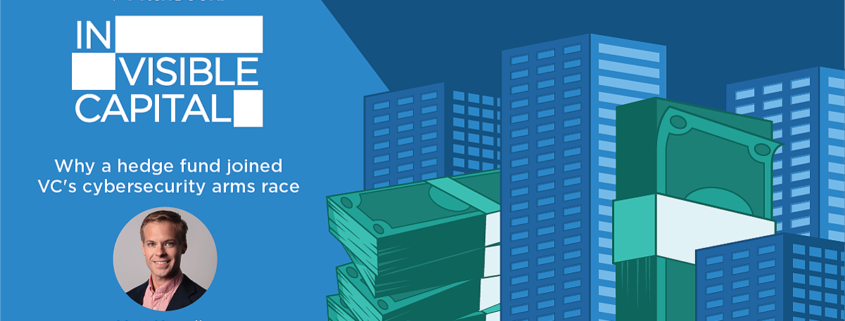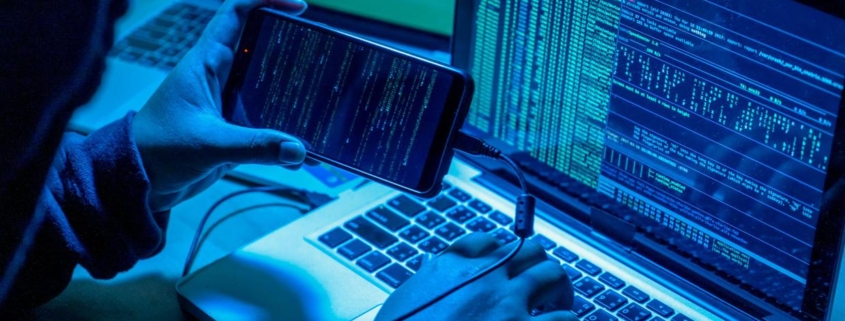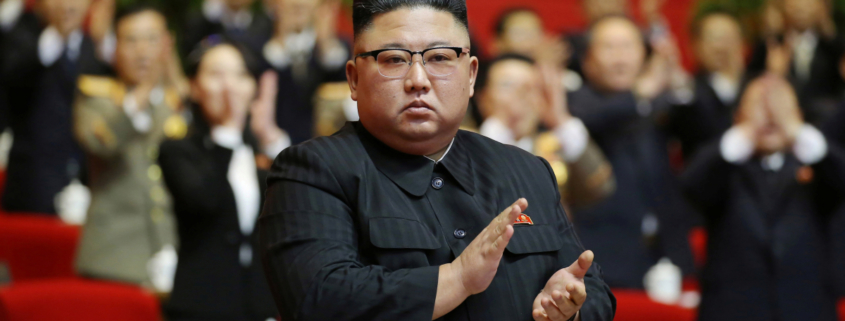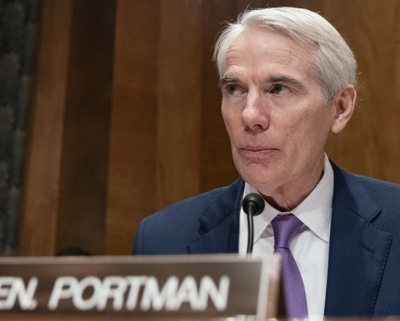On the podcast: Why a hedge fund joined VC’s cybersecurity arms race
Hosts Adam Lewis and Alec Davis discuss recent coverage of the femtech frenzy, PE’s march on VC and an update on the red-hot fintech space. Then, Maverick Ventures managing director Matt Kinsella joins the pod to discuss why hedge funds are getting to venture, how that influx of capital will impact the industry and the never-ending arms race within cybersecurity.
Listen to all of Season 4 and subscribe to get future episodes of “In Visible Capital” on Apple Podcasts, Spotify, Google Podcasts or wherever you listen. For inquiries, please contact us at [email protected].
Transcript
Matt: They are like some of the best swag to send out to your customer. That’s great. Think that they don’t get some Maverick Yeti mug. I work for a place called Maverick, and it’s a hedge fund with about $12 billion under management. It’s an early-stage venture fund called Maverick Ventures, which is where I spend most of my time. We also have a growth equity fund, which is a bit of a newer offering from us.
Maverick’s around since 1993. I’ve been here since 2005. I started here out of school after Notre Dame and have been here ever since. It’s a long time to be at one place, but I’ve been able to do a lot of interesting things while I’ve been here. The first chunk of my career was all focused on public equity markets. I worked at our hedge fund and did mostly software investing. Then in 2014, moved over to help get Maverick Ventures off the ground and have been focused on that ever since.
James: You made the switch from public to private. We call that crossover investing. It’s definitely like a hot topic. It’s something that has really upended the venture capital world. I’m just wondering, from your point of view, how big of a mindset shift was that going from public software to early-stage startups?
Matt: It was quite a mindset shift. The way Maverick has gone about this is when we had a public equity investment vehicle and then an early-stage investment vehicle. Really those are very different investment strategies. At the end of the day. You’re still trying to find great companies that you think are going to be worth a lot more in the future. The signals you look for in the analysis you do are…





